Apple's so-called "iPhone 6" may include a new chip code-named "Phosphorus" for analyzing new data, such as barometric pressure of the surrounding environment of the company's motion coprocessor, a new schematic suggests [updated].
Update: While the original leak suggested the schematic above showed off a new "M8" motion coprocessor, a pair of knowledgeable commenters at MacRumors believe that the new mystery chip may actually be a barometric pressure sensor. The part is said to be similar to the Bosch BMP280.
Commenter "leecbaker" suggested that the addition of a barometric pressure sensor to the "iPhone 6" could allow for enhanced GPS and indoor/outdoor navigation functions. Other uses would include forecasting weather, better measurement of altitude, and potentially helping to measure users' breathing rates.
The original story published earlier Monday remains in its entirety:
Last year, Apple introduced the M7 coprocessor as part of the A7 system-on-a-chip inside the iPhone 5s, allowing battery-efficient motion tracking. This year's "A8" chip may also feature an improved "M8" motion sensor, according to the latest alleged "iPhone 6" schematic, published on Monday through Geek Bar's Weibo account and spotlighted by G for Games.
While the document doesn't offer any specifics on what upgrades the "M8" might accomplish, GeekBar speculates that the "Phosphorous" chip might help to collect and interpret new health-related data for the next-generation iPhone. Potential subjects suggested include heart rate, calories burned, cholesterol levels, blood sugar and more.
Of course, all of that data can be read into the new Health app included in Apple's next-generation iOS 8 mobile operating system, which will launch next month when Apple is widely expected to unveil its "iPhone 6."
If Apple does indeed have an "M8" in the works, it's likely to be a part of a next-generation "A8" system-on-chip that will power the next iPhone. Some reports have claimed Apple's new custom CPU will be a multi-core design clocked at up to 2 gigahertz.
When the M7 was unveiled last year, observers speculated that Apple could be laying the groundwork for a new tool that could power the company's so-called "iWatch," which is expected to focus on collecting health and fitness data. As such, with an Apple wearable device expected to debut this fall, it's also possible that an "M8" could be a hint of things to come in the "iWatch."
In its current incarnation, the M7 silently tracks user activity in the background. Compatible apps that tap into this data can track a user's steps throughout the day, providing essentially the same functionality as popular pedometers like Fitbit.
 Neil Hughes
Neil Hughes
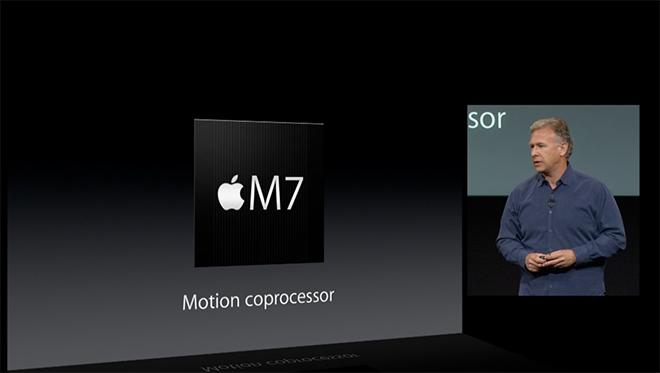

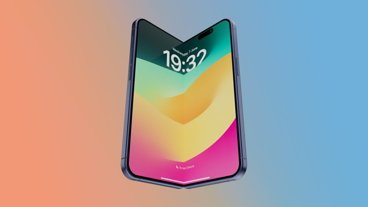





-m.jpg)






 Marko Zivkovic
Marko Zivkovic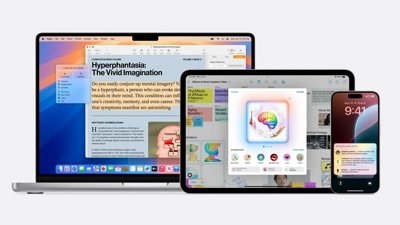
 Malcolm Owen
Malcolm Owen
 Andrew O'Hara
Andrew O'Hara
 Christine McKee
Christine McKee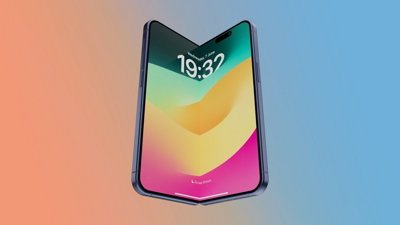

 Amber Neely
Amber Neely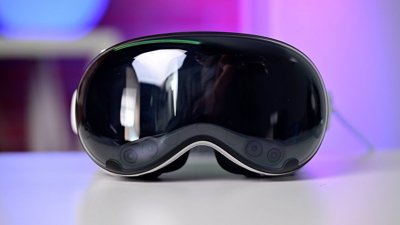
 Andrew Orr
Andrew Orr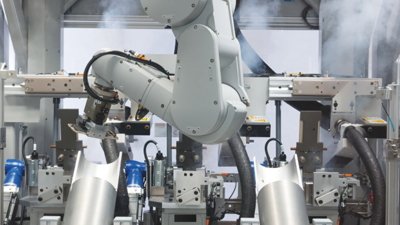
 William Gallagher
William Gallagher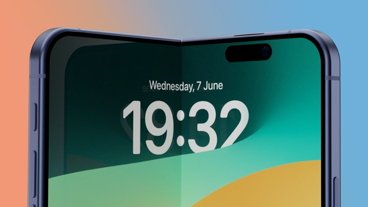
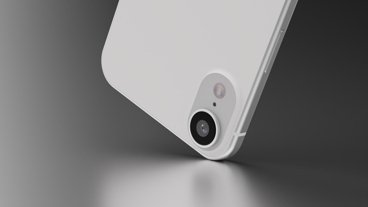







58 Comments
'Phosphorus eh? Better keep water well away from that then!
What are the types of things Apple's sensors and health app can do without requiring FDA approval? Is it just a matter of not diagnosing or recommending a specific course of action?
Phosphorus is also the Greek name for the Morning Star or "light bearer"
[quote name="AppleInsider" url="/t/181959/document-claims-to-detail-phosphorus-apples-next-gen-m8-motion-coprocessor#post_2583966"]..."Phosphorous"...[/quote] [quote name="digitalclips" url="/t/181959/document-claims-to-detail-phosphorus-apples-next-gen-m8-motion-coprocessor#post_2583969"]'Phosphorus eh?[/quote] [IMG ALT=""]http://forums.appleinsider.com/content/type/61/id/47584/width/500/height/1000[/IMG]
I wonder if there will be sold differing classes of iWatch-devices depending on what phone the owner has. If, for example you owned an iPhone 6 with the latest and most powerful tech, you might only need a smaller wrist device to track health with sensors, whereas if you have an iPhone 5 or earlier (or you don't have an iPhone) your iWatch would be larger with more (and more expensive) sensor tech in the band. This would allow for cheaper, equally powerful iWatches to be sold to people with the newest iPhones (and allow for Apple to sell affordable iPhone/iWatch sets) while offering similar advanced functionality to everyone else but at a higher standalone price.